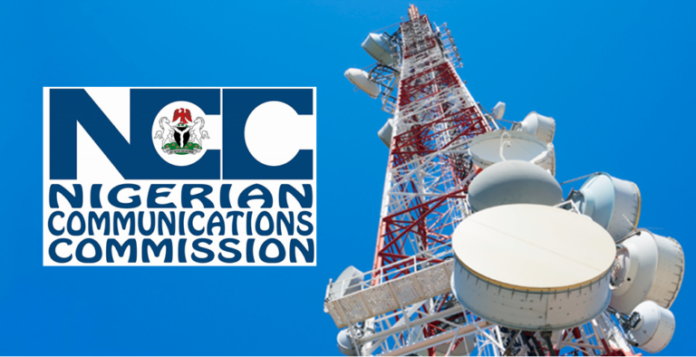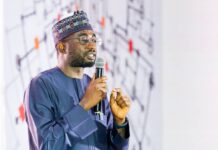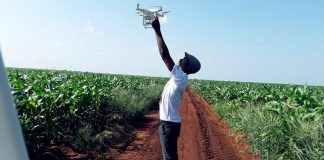Nigeria’s Broadband Penetration Hits 41.18% In March 2021
TECH DIGEST – Latest statistics released by the Nigerian Communications Commission (NCC) indicates that Nigeria’s broadband penetration as at March 2021 stands at 41.18 per cent (41.18%).
The figure shows a slower broadband penetration was recorded in the March when compared to the previous month at 42.06%.
The (broadband penetration) indices are contained in industry statistics released by the Nigerian Communications Commission (NCC) and updated on March, 2021.
By implication, Nigeria recorded 1.33% Year-On-Year broadband penetration from March 2020 to March 2021.
However, industry watchers are of the view that the decline in broadband penetration is attributable to the economic situation in the country and the recent NIN-SIM card linkage which has led to drop in active telephony subscriptions too.
TechEconomy.ng had reported that the country’s broadband access-gap clusters have also reduced.
The Executive Vice Chairman of the Nigerian Communications Commission (NCC), Prof. Umar Danbatta re-echoed this point when he played host to a delegation from Autoridade Reguladora Nacional (ARN), the Telecom National Regulatory Authority of Guinea-Bissau who were on a on a week-long benchmarking visit to the Commission in Abuja, recently.
According to Danbatta, the NCC has through the implementation of various policy initiatives, particularly the National Broadband Plan (2020-2025) improved access to broadband for over 80 million Nigerians and targets the provision of Point of Broadband Access (PoA) in all the 774 local government areas (LGAs) of the country within the plan period.
Read Also:
Danbatta stated that challenges remain in the process, but observed that NCC is committed to addressing such challenges as Right of Way (RoW) issue, multiple taxation, vandalism of telecom infrastructure, among others, confronting the licensees as they roll out services.
To further drive digital inclusion, Danbatta said the Commission carried out a study to determine areas where there are access gaps in the country. “We identified 217 clusters of access gaps and today, we have ensured more Nigerians are digitally-included by reducing the number of access gaps to 114 currently, while more measures are being taken to further reduce the access gaps, thereby deepening digital inclusion.
He said that this was achieved through the efforts of the Universal Service Provision Fund (USPF).
Hitherto, some 38 million Nigerians were affected by access gap clusters.
Similarly, the Nigeria’s focus is now how to expand the fourth generation technology (4G) infrastructure deployment.
The new National Broadband 2020-2025 Committee’s report which was submitted on Tuesday, February 18, 2020, contains plan to “deliver data download speeds across Nigeria, a minimum of 25Mbps in urban areas, and 10Mbps in rural areas, with effective coverage available to at least 90% of the population by 2025 at a price not more than N390 per 1GB of data (2% of median income or 1% of minimum wage)”.
The NBP addresses 3 of the 8 priorities that the Federal Government assigned to the Federal Ministry of Communications and Digital Economy, and the parastatals under its purview, for implementation.
These priorities are the implementation of broadband connectivity and execution of a plan to deploy 4G across the country, as well as the development and implementation of a digital economy policy and strategy.




















